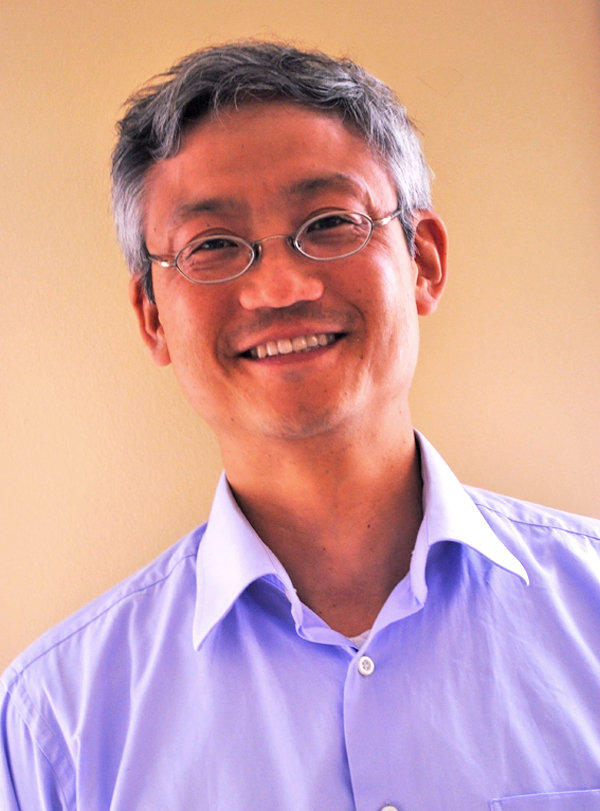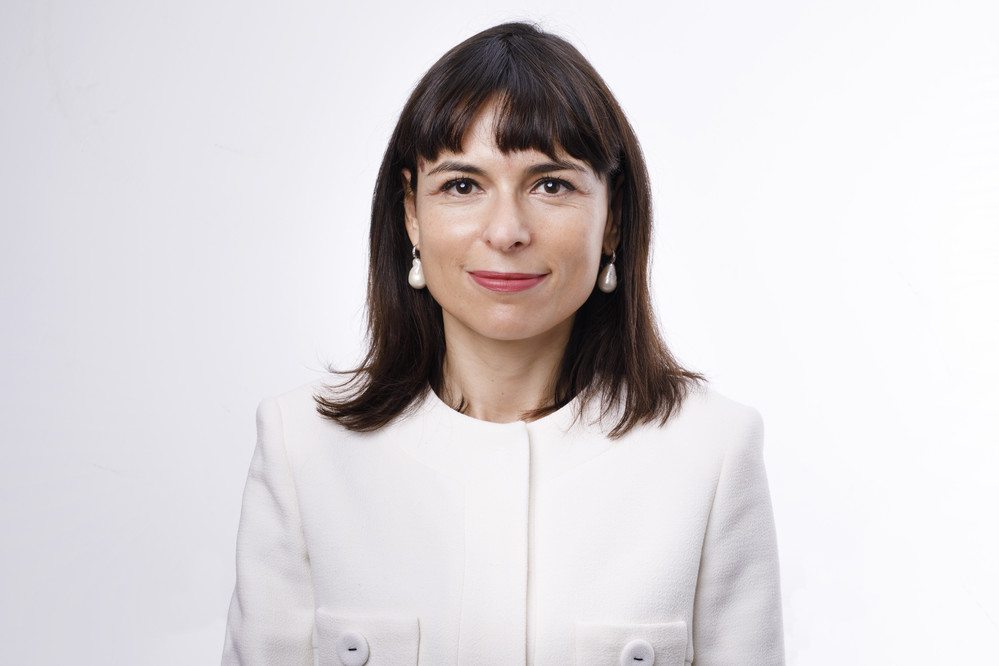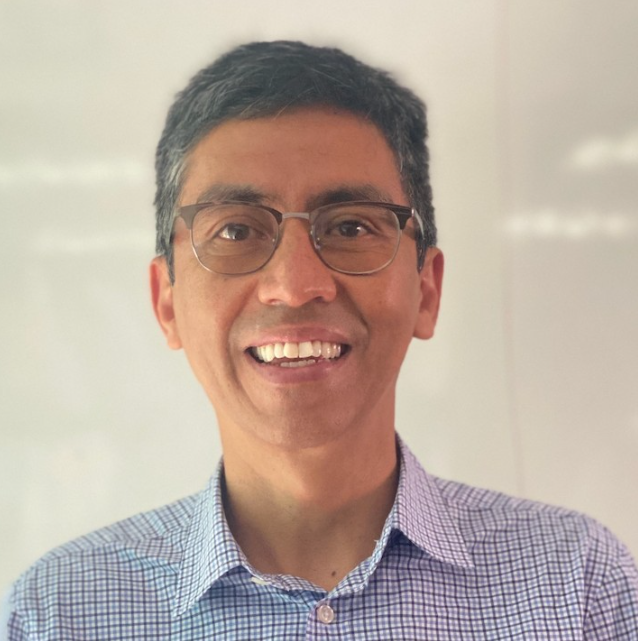Songbae Lee, Agricultural Finance Lead of USAID, talks to SAFIN about the Agency's work to mobilize private capital towards agriculture and potential game changers in agri-SME finance today.

Songbae Lee, Agricultural Finance Lead, USAID
How does USAID work in the space of agri-SME finance, and what are the priorities of the agency in this area?
USAID is a decentralized donor organization, which means that each country where we operate determines its own priorities. Within the context of agricultural finance, we focus on agri-SMEs that work with smallholder farmers to improve their livelihoods, improve food security, and contribute to the overall economic growth of each country. Within the broader context of agency priorities, we focus on engaging with the private sector to develop sustainable approaches because we know that donors alone do not have the resources to solve the challenges we are trying to address.
What is your role at USAID and what was your professional journey before this?
My job is to help mobilize private capital in agriculture. I am part of a small team in the Washington DC office whose first goal is to provide technical support to in-country USAID offices. We also work closely with the U.S. International Development Finance Corporation and manage a small portfolio of centrally funded activities. After graduating from business school in 2004, I worked first in New York City and then later in San Francisco, on large capital market transactions. I was laid off during the 2008 financial crisis but took the opportunity to pursue my interest in international economic development. This eventually led me to Calvert Impact Capital, a non-profit social lender, where I spent eight years responsible for an international portfolio of microfinance and SME lenders. The opportunity to join USAID last year came at a time when I was interested in moving beyond working just on transactions. I wanted to support larger systems change and to focus on agriculture because of its large development impact.
What do you see as the main potential game-changers in agri-SME finance today and in the coming years?
The biggest game-changer I see in agri-SME finance today is Aceli Africa, which USAID was already supporting when I joined the agency. It stands out to me because of the data [e.g. on the economics of agri-SME lending] that its team was able to collect and use to design their program, their focus on working with existing domestic lenders as well as international social lenders, and their ability to design incentives in a way that encourages behaviour change in lenders. Another important aspect of their work is the acknowledgement that while incremental improvements to the agri-SME lending process are possible, the fundamental challenges around the high cost and high risk of the sector will not change anytime soon. So, the short-term goal is to mobilize additional capital for high-impact lending, the medium-term goal is to maximize the efficient use of subsidies, and the long-term goal is to build a more competitive market where national governments, especially those in Africa, invest in a strong enabling environment.
SAFIN has been an incredible resource to connect me to important players in the agri-SME finance sector.
Why did USAID join SAFIN and what are your priorities in engaging in the network?
USAID was already a member of SAFIN when I joined, and the network has been an incredible resource to connect me to important players in the agri-SME finance sector. SAFIN is unique because of the broad range of its network membership, which includes not just investors and donors but also implementers and farmer organizations. The network organizes important discussions, research, and webinars that help me keep abreast of relevant topics. In addition to how the network helps me do my job better on a professional level, it also plays an important role in the development of the overall sector, for example, by participating in events like the UN Food Systems Summit.

